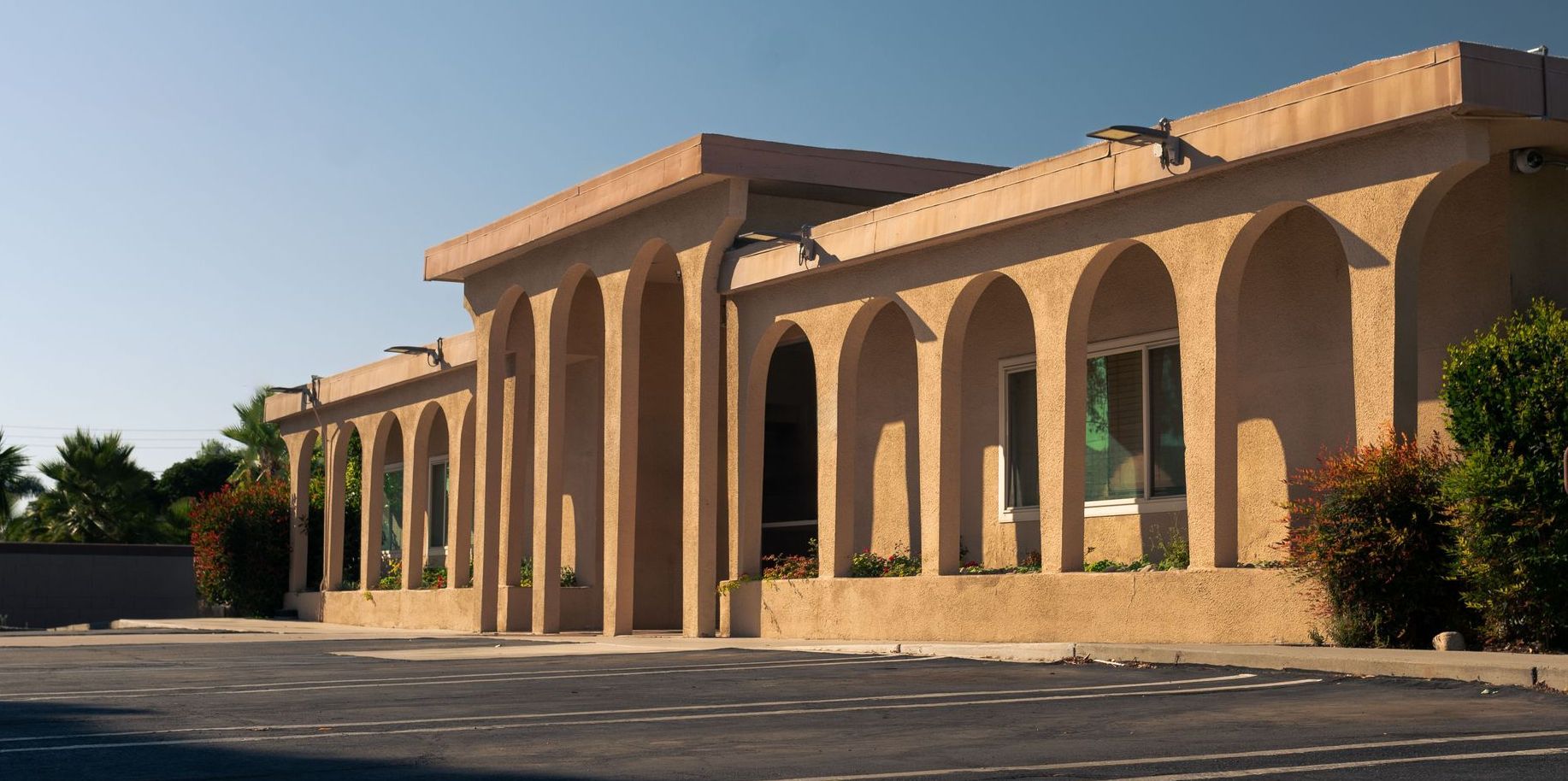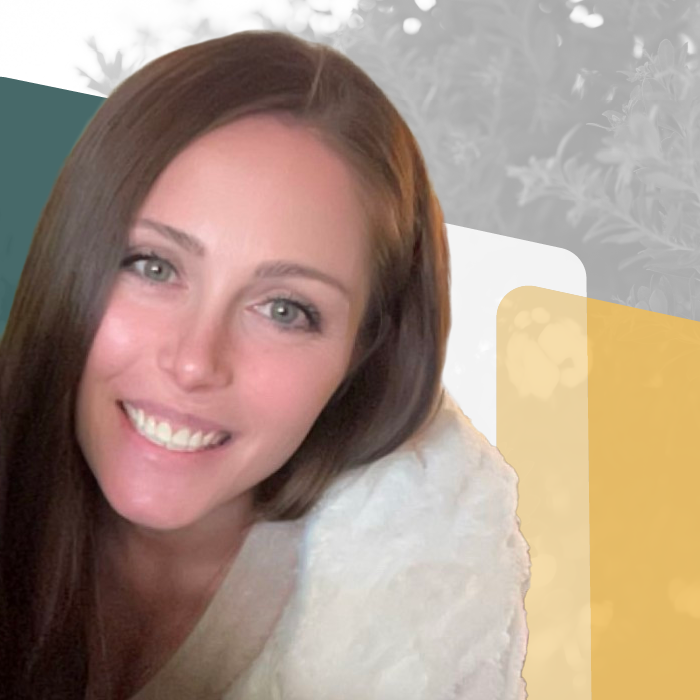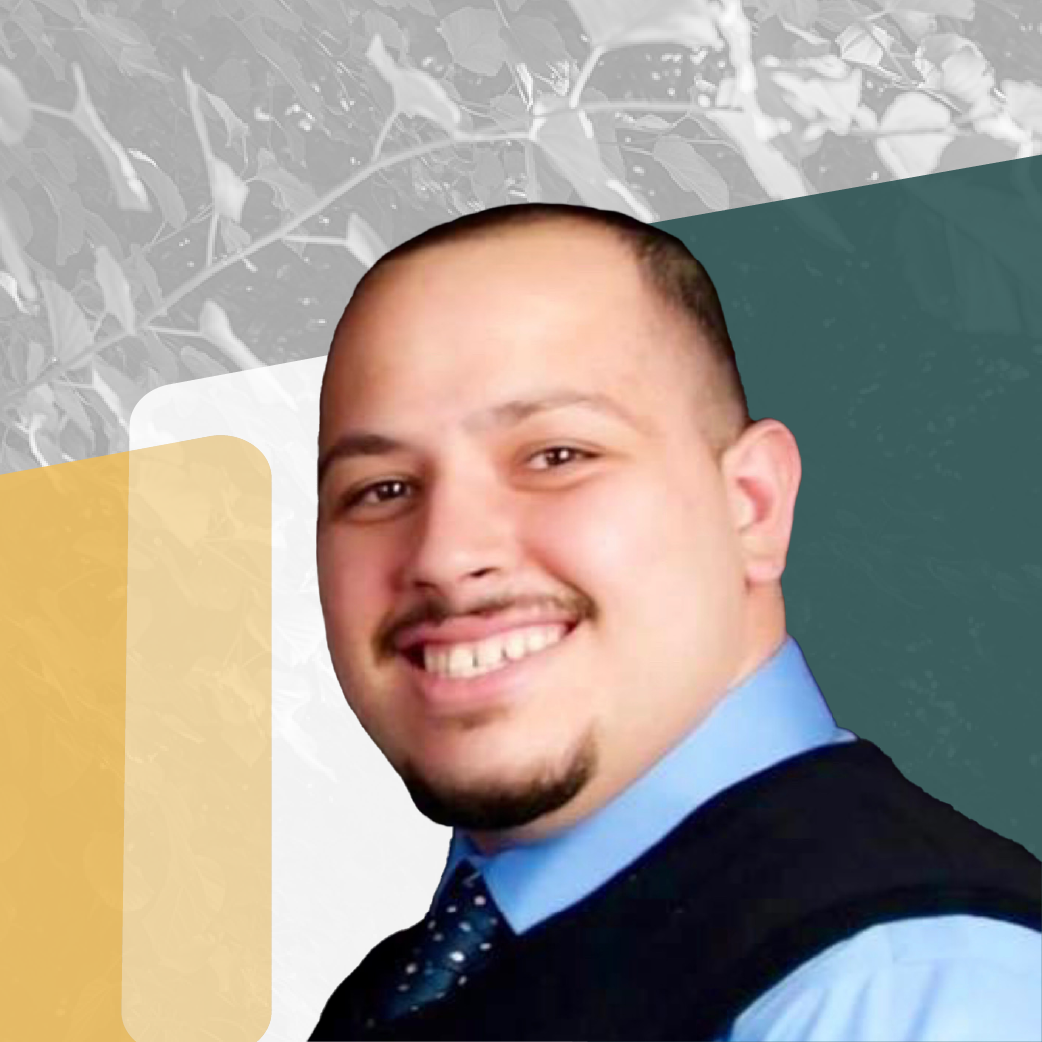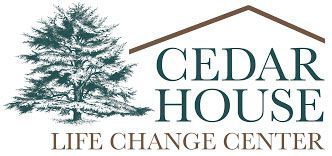Five Ways to Get Involved with Mental Health Awareness

During the month of May, join Cedar House in participating in Mental Health Awareness Month as we strive to raise awareness about mental health topics to decrease stigma and equip people with helpful, lifesaving information and resources. Here are 5 ways to get involved with Mental Health Awareness Month:
1. Educate Yourself on Mental Health Topics
Mental health refers to our emotional, psychological and social well-being. It is the way we think, feel and act. Our mental health also determines how well we are able to handle stress, relate to others, and make decisions. The goal of mental health awareness is to allow the people who are suffering to know that they are not alone and that help is nearby. To start, it can be helpful to take the time to learn about mental health topics including different conditions and their warning signs, ways you can incorporate self-care into your routine, or how to help a loved one who is experiencing a mental illness. The National Institute on Mental Health, The National Alliance on Mental Illness and the American Psychological Association are all reputable sources and great places to start.
2. Take an Online Mental Health Screening
The Mental Health America website offers free online screening questionnaires that you can take if you suspect you may be experiencing a mental health condition such as depression, substance use disorder, anxiety, post-traumatic stress disorder (PTSD), bipolar disorder, ADHD, or an eating disorder. If the results suggest you might be living with one of these conditions, we recommended that you connect with a licensed mental health professional next for evaluation and treatment. Cedar House specializes in recovery from addition and co-occurring disorders, and our admissions specialists are just a phone call away.
3. Create A Self-Care Routine
Just as habits like eating well and getting enough sleep can help us preserve our physical health, there are certain habits that can help us preserve our mental health, too. Self-care related to mental health looks different for everyone, so you may need to spend some time figuring out what works for you personally. For instance, you might find that taking regular breaks from social media helps you feel less anxious, that practicing gratitude makes you feel more optimistic, or that regularly journaling about your feelings helps you feel more balanced. Research suggests that maintaining good physical habits, such as exercising regularly, can promote mental health. In addition, meditation can help reduce stress, anxiety, and depression and may also be beneficial for those facing challenges related to addiction. Mental Health Awareness Month could be an opportunity for you to look up free videos or try an app to help you learn how to meditate to see if it offers mental health benefits for you. Once you find the activities that seem to bring you positive benefits, try to incorporate them into your regular routine.
4. Check In On Those Around You
One way to raise awareness about mental health illnesses is to talk about them openly. Share your knowledge and information with the people around you in order to keep the conversation going and create a safe space for others to talk about their struggles. People who suffer from mental health issues tend to keep these struggles to themselves. Sending a message to let your loved one know you're ready to listen can go a long way. When someone does consider in you, remember the importance of paying close attention to show respect and concern, since they've shown their trust in you. This May, commit to being more intentional about checking in on your loved ones to see how they’re doing. If they seem to be coping with some mental health challenges, you can offer support by telling your own story, offering resources, or simply providing a listening ear.
5. Support A Mental Health Organization
There are countless organizations out there that aim to support the mental health of the public in various ways. This Mental Health Awareness Month, consider getting involved with one of these in some way. Cedar House is always looking for new supporters. You can help us grow and serve more individuals in need by visiting our website to learn more and make a donation, or by simply following us on social media. Leverage your own social media to educate and raise awareness for mental health by sharing some of the information and inspiration you’ll find on our pages. You never know when your message might reach someone in their time of need.


When Nikki first realized alcohol was destroying her life, it was 2012 — the year she nearly lost it entirely. On May 12, 2012, she made the decision to stop drinking. That same day, her body collapsed under the weight of years of alcohol abuse. She began bleeding heavily, vomiting stomach acid, and was rushed to the hospital. Her heart stopped. Medical staff performed CPR for 6 minutes and 38 seconds before bringing her back. Nikki survived, but her road ahead was long. She spent two months in the hospital, then entered Alcoholics Anonymous and worked the program. She stayed sober for two years — but like so many battling addiction, she relapsed. Over the years, her drinking escalated to 4–6 liters of vodka a week, often leading to hallucinations, psychosis, and dangerous detox episodes. Legal troubles, family struggles, and her son’s complex medical needs weighed heavily on her. Her breaking point came after her young son — who had cerebral palsy — faced a series of health crises. Despite staying sober for two years, the mounting stress and heartbreak eventually pushed her back into the cycle of drinking. Nikki tried multiple recovery programs, but medical complications and relapses kept pulling her back down. She knew alcohol was destroying her, but the pull was relentless. Then came Cedar House. Nikki says the outpatient program there changed everything. It gave her structure, accountability, and—most importantly—nonjudgmental support. Even during relapse, she knew Cedar House would welcome her back with compassion and encouragement. While in treatment, Nikki endured one of the most devastating moments of her life — the loss of her son in November 2022. In her grief, she had the tools and the people to help. She leaned on therapy, grief counseling, church, her sponsor, and the fellowship of AA. She refused to give up. With encouragement from her Cedar House counselor, Nikki pursued a lifelong dream: becoming a psychiatric technician. She enrolled at Mt. San Antonio College and not only completed the program but graduated valedictorian in June 2025. She is now preparing for her state board exams and continuing her personal growth, sobriety, and service to others. Nikki knows that recovery is a lifelong process. “When you’re sick and tired of being sick and tired, you have to get the right tools in place,” she says. “The people at Cedar House believed in me, even when I couldn’t believe in myself. They gave me a safe place to come back to—without judgment—every single time.” Today, Nikki is living proof that with the right support, a person can come back from even the darkest moments and build a successful life.

When Steven was in his final days of treatment at Cedar House, he took time to write about his experience and share his story with his group. This is his heartfelt reflection in his own words: My name is Steven, and I am a recovering drug addict. Throughout my life I have used a variety of drugs from marijuana, cocaine, meth, and heroin to fentanyl. There would be times when I would hear people share and say that they are just like me. But I am not going to do that today, because I have no idea of what your stories are. What I would like to do is share a little bit of my story and what I have been through, and maybe you can relate to it. In my story, I took a path with so much pain and adversity. I would hide the pain from everyone. At a very young age, I was molested. This started my journey of PTSD and drug addiction. I would hide and isolate from people because I was terribly afraid of what people would think of me. I felt ashamed for what had happened to me. So, when my sister offered me drugs at a young age, I did them with her, and I felt a sense of relief. It would numb the pain and embarrassment that I felt from what had happened. My self-pity drove me into doing more and more drugs. I would blame myself for what that person did to me. I was so angry that I had no control over what had happened. I was just a child. I bottled up my feelings and buried them deep down inside. It would eat at me every day -- day in and day out. Growing up, the pain would lurk its ugly head. The worst it ever got was when I was alone in the dark. I felt so much fear growing up. This is something I had to overcome and learn from. Life is so interesting. It makes us walk through different paths of choices. We are unable to see the destruction and pain we are about to go through. These challenges mold us and makes us the people we are today. There are two experiences that I would like to share with you today. The first is my divorce and the second is the death of my sister. These events steered me into a life of addiction, and I hope my message can help change at least one life. I know that I felt exhausted from the life of chasing -- chasing for a cure that would never appear. My divorce was not something simple. It ate at me every day. I got there through a series of issues that happened. I was fired from my job. I had to sell my home that I bought for my now ex-wife and my unborn son. I sat and cried in my son's room alone because I felt like a failure. During all of this, I was hiding my addiction until I couldn't handle it anymore. My wife found out and kicked me out of our apartment. I felt so angry, I felt like she threw me out like trash. I was acting like a child, instead of dealing with it like I should have. I was so hard on myself. I felt like I was losing control, but the lesson to this is to allow things to go. I needed to surrender to this. I also learned that I needed to ask for help instead of hiding from the issues. This takes me to my next lesson -- when my sister passed. When my sister passed away, it was seven days of hell. She passed due to multiple abscesses, one on each arm and one in her stomach. I stayed up for seven days changing her bedding because she would either defecate or urinate on herself. I cleaned her and watched her as she tried to sleep but couldn't because of the pain. I tried to plead with her to let me call 911 because at the time, I had no idea what was happening. She would say, "No, I want to wait for mom to come home." Our mother was away on vacation visiting family out of the country and would return in seven days. I can still hear her cries of agony, day after day. She made me promise that I wouldn't call 911 until our mother returned. So, I kept that promise and kept her secret. I never knew what an abscess was and how serious it would become. After the 7 days were up, our mother returned home. The next morning, we called 911. My mother was frantic and didn't know what to do. Even in agony my sister lied to the EMTs; she said nothing about her use. My sister wanted our mother to not find out her secret. I couldn't stay quiet any longer, I told the EMTs everything, but it was too late. My sister passed away after two days. The doctors tried to take the contaminated blood out of her system, but nothing they did helped. It was just too late. Prior to all of this, I would plead with my family to help my sister. They just did not want to believe that there was a problem. During her funeral, everyone was upset and saying they could have done this or that. I was so disgusted with my family that I didn't attend. I wanted to remember my sister by the good times and not the last seven days of her life. I felt so much guilt over what had happened. I had to deal with the pain. I had to let go of the resentment, anger, fear, sadness, judgement, secrets, hurt, blame, and guilt. I had to put my faith in something more. I had to put my faith in a higher power. So, I had to make some changes in my life. I started making commitments. Making a commitment every day to stay sober requires faith. If I make the necessary changes, things will get better. I need to accept that some choices and things are out of my control, and I need to be okay with that. I will trust myself in making the changes that are needed and have pride in myself. My selfishness will be in my sobriety and not in negative actions towards people. Faith can be anything I desire it to be. Cedar House has taught me to take responsibility in myself, my actions, my behavior and, most importantly, in my addiction. Throughout this journey, I have learned to love myself again, to work on my character defects, and to gain so many new brothers in sobriety. In life, so many people make mistakes, and you can choose to get up and make the necessary changes or get beat down. And I was beat down over and over again. I walked into rehab beaten, bruised, and broken. It was challenging, but over time the bruises healed and the bones that were broken started to heal as well. I am grateful to overcome the mountain of rehabilitation. I didn't do this by myself. It took a brotherhood of men who were broken and beaten, too. We all faced our fears in our own time. It also took the patience and care of our counselors. They gave us guidance and advice that we desperately needed. They were the lighthouse to our battered ships. Without them we wouldn't know which way to steer. To my brothers in the war of sobriety, I say, my love goes out to you, to the ones who are healing, and to the ones who still need help. To the staff of Cedar House, no amount of gratitude will express how much I am thankful for. You revived my broken soul. I will end with one final thing to my brothers, you're not alone.


Share On: